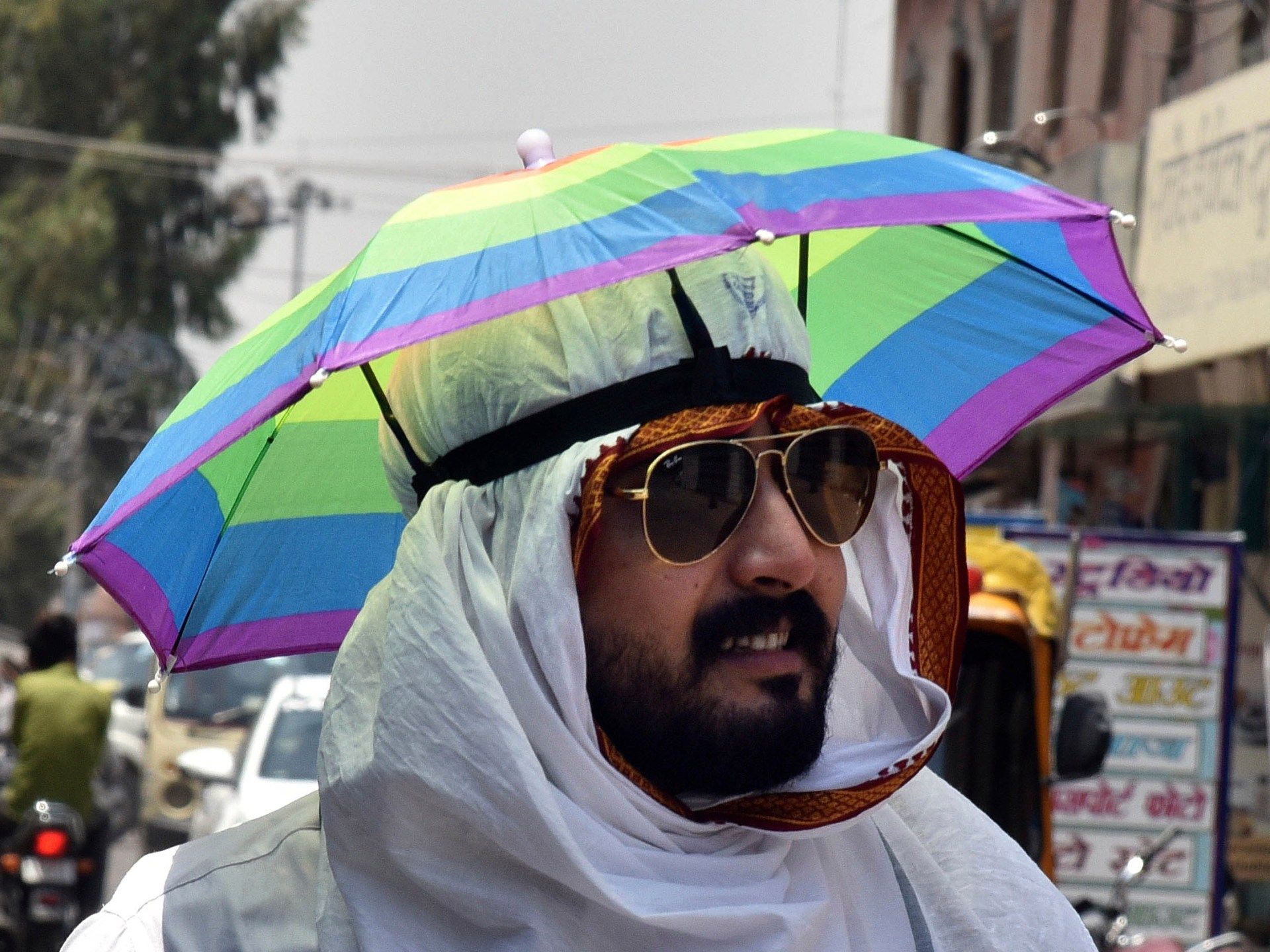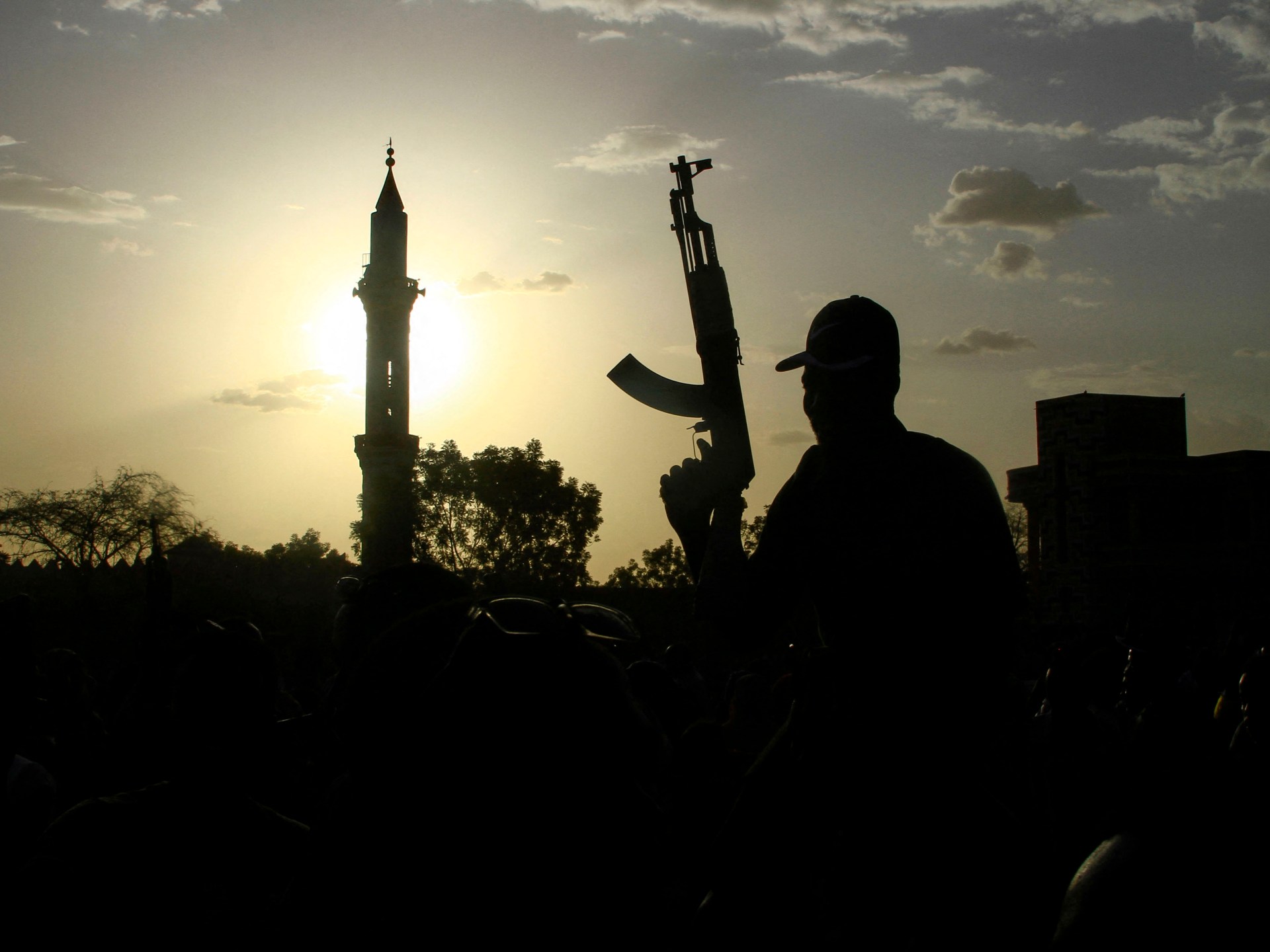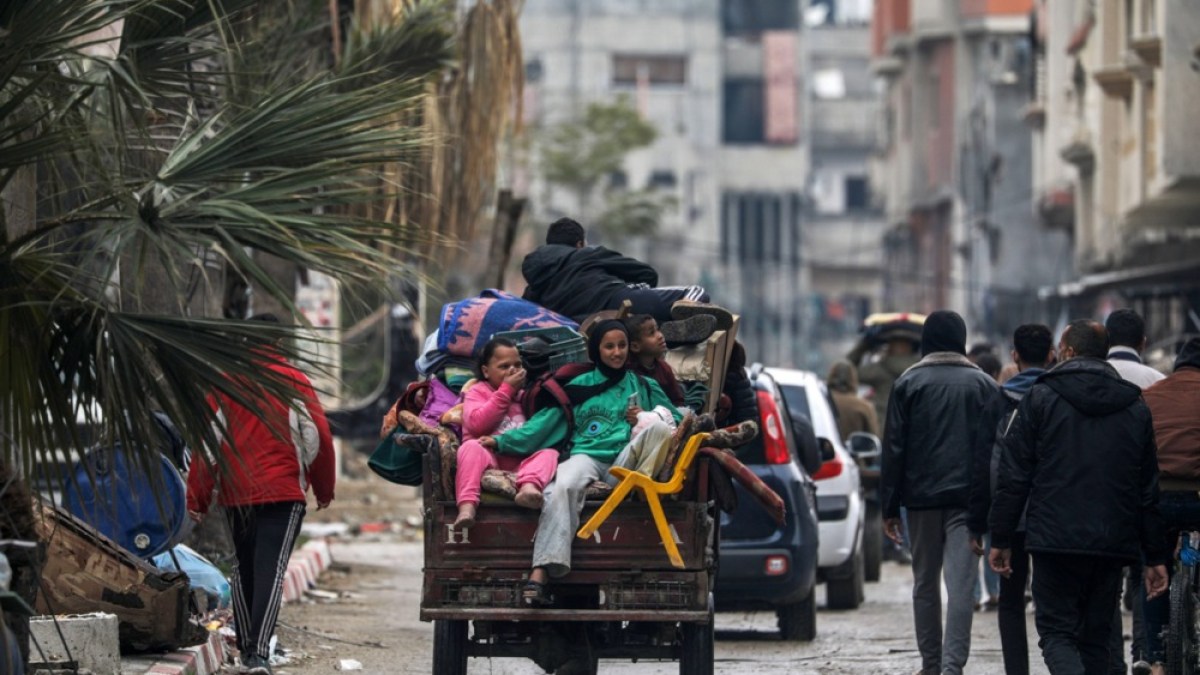People in northern India are battling a relentless, weeks-long heat wave that has seen the temperature in the capital, New Delhi, soar to a record 49.9 degrees Celsius (121.8 degrees Fahrenheit), 9 C (16 F) warmer than average.
Delhi suburban stations in Narela and Mungeshpur recorded the temperature on Tuesday, according to the India Meteorological Department (IMD), as the agency put several states on high alert.
The nearby states of Punjab and Haryana also saw temperatures rise, with one spot in Rajasthan surpassing the 50°C (122°F) mark. The desert state town of Phalodi holds the country's all-time heat record, reaching 51 °C (124 °F) in 2016.
India declares a heat wave whenever temperatures rise above 45 °C (113 F). The brutal weather has forced schools to close in several cities and increased the risk of heat stroke for people working outdoors.
The extreme heat coincides with a six-week general election, raising health risks as people wait in long queues to cast their vote. Voting ends on Saturday.
High temperatures are also taking their toll on animals, putting them at risk of dehydration and heatstroke. Sitaram, an animal conservationist from the city of Bikaner in Rajasthan who goes by only one name, said the endangered chinkaras, also known as Indian gazelles, are facing a water shortage.
April, May and June are hot in most parts of India before the monsoon rains bring cooler temperatures. But extreme heat is quickly becoming a public health crisis in India, where hot weather has become more intense in the last decade and is often accompanied by severe water shortages.
Tens of millions of India's 1.4 billion people lack running water. Authorities in New Delhi have also warned of the risk of water shortages as the capital swelters in headache-inducing heat, cutting off supplies in some areas.












